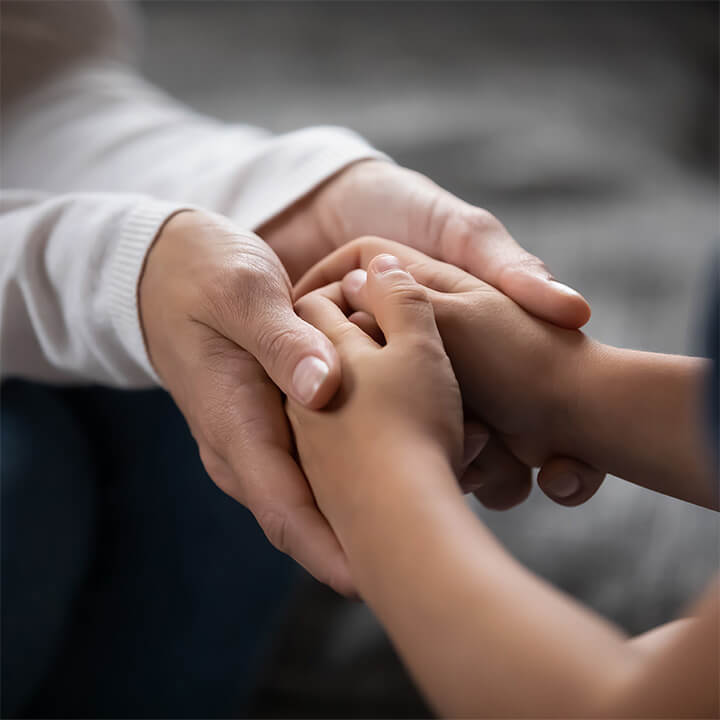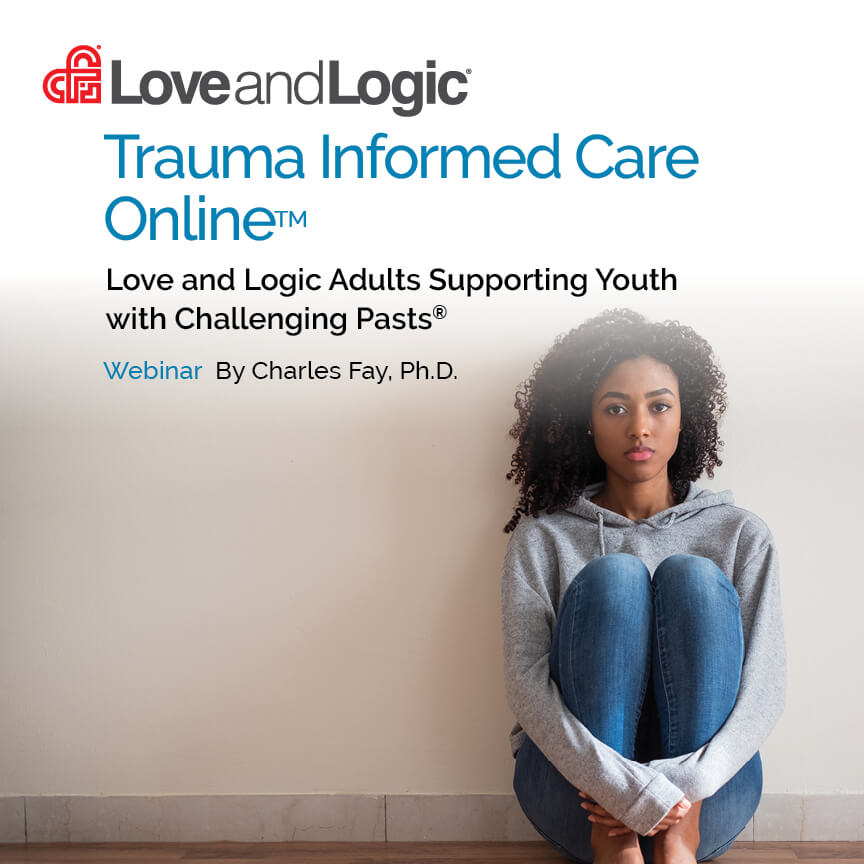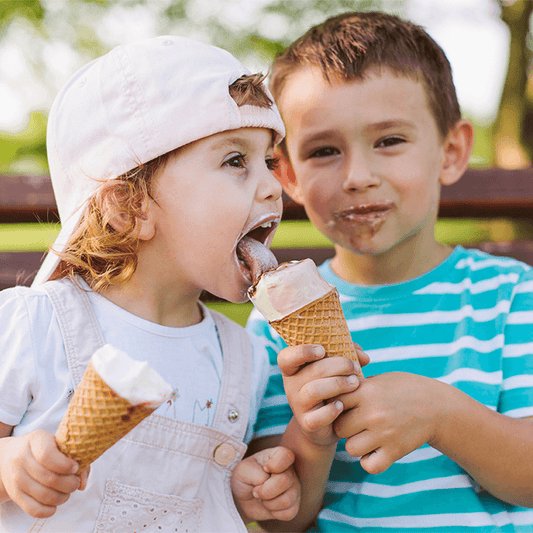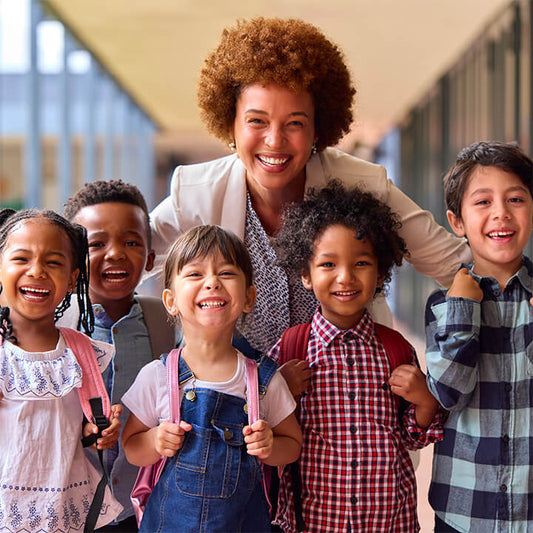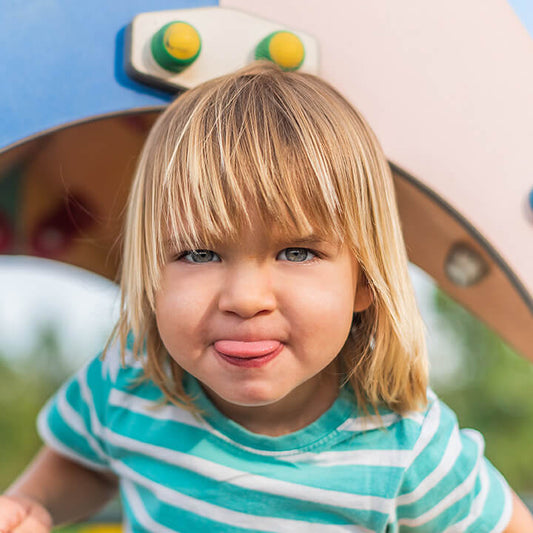Many kids have experienced significant challenges over the past two years, resulting in trauma of varying degrees. We hear from many parents and teachers who are now faced with the challenges of working with more kids who have experienced some level of trauma in the recent past. Love and Logic’s emphasis on empathy is even more important when working with these kids.
Any time adults deliver consequences with anger, frustration, lectures, or sarcasm, they only cause kids to become defensive and resistant. With kids who have experienced trauma, this fight or flight reaction can be even more pronounced. This is because the neural pathways for survival have become exceptionally well developed and automatic due to the traumatic experiences. Using sincere empathy raises the odds that the child’s brain will remain calm enough to learn from their circumstances.
Adults working with kids who have challenging pasts truly care for them and want to help them as much as possible. Because they care, they hate the pain that the kids have experienced and yearn to help them heal. This motivation is wonderful. However, when we render help, we must recognize that feeling sorry for kids isn’t the same thing as loving them and empowering them to heal—we must distinguish between sympathy and empathy.
As we support kids with challenging pasts, it is important to avoid delivering consequences with anger and lectures and, at the same time, keep in mind the following differences between sympathy and empathy.
Sympathy
“Feeling sorry for” someone can lead us toward unintentionally sending the unstated message:
“This is so horrible that you’ll never be able to cope and find joy in your life.”
Empathy
“Loving” someone means purposefully sending a very different unstated message:
“I can’t imagine how much this must hurt. I’m so sorry this happened to you.
I’m here for you. I believe in you.”
If you are uncertain about whether you are using sympathy or empathy, consider these questions:
- Which style, sympathy or empathy, is the most likely to result in the adult eventually feeling burned-out and even resentful toward the child?
- Which style is more likely to result in the child feeling manipulated?
- Which style is about the adult’s feelings? Which is about the child’s needs?
- Do these concepts also apply to kids who haven’t experienced trauma?
If you are a parent who has a kid who has experienced trauma, or if you are an educator, social worker, or counselor who works with kids who have experienced trauma, our Love and Logic Trauma Informed Care Online webinar can help you learn real solutions for working with kids who have challenging pasts.
Thanks for reading!

